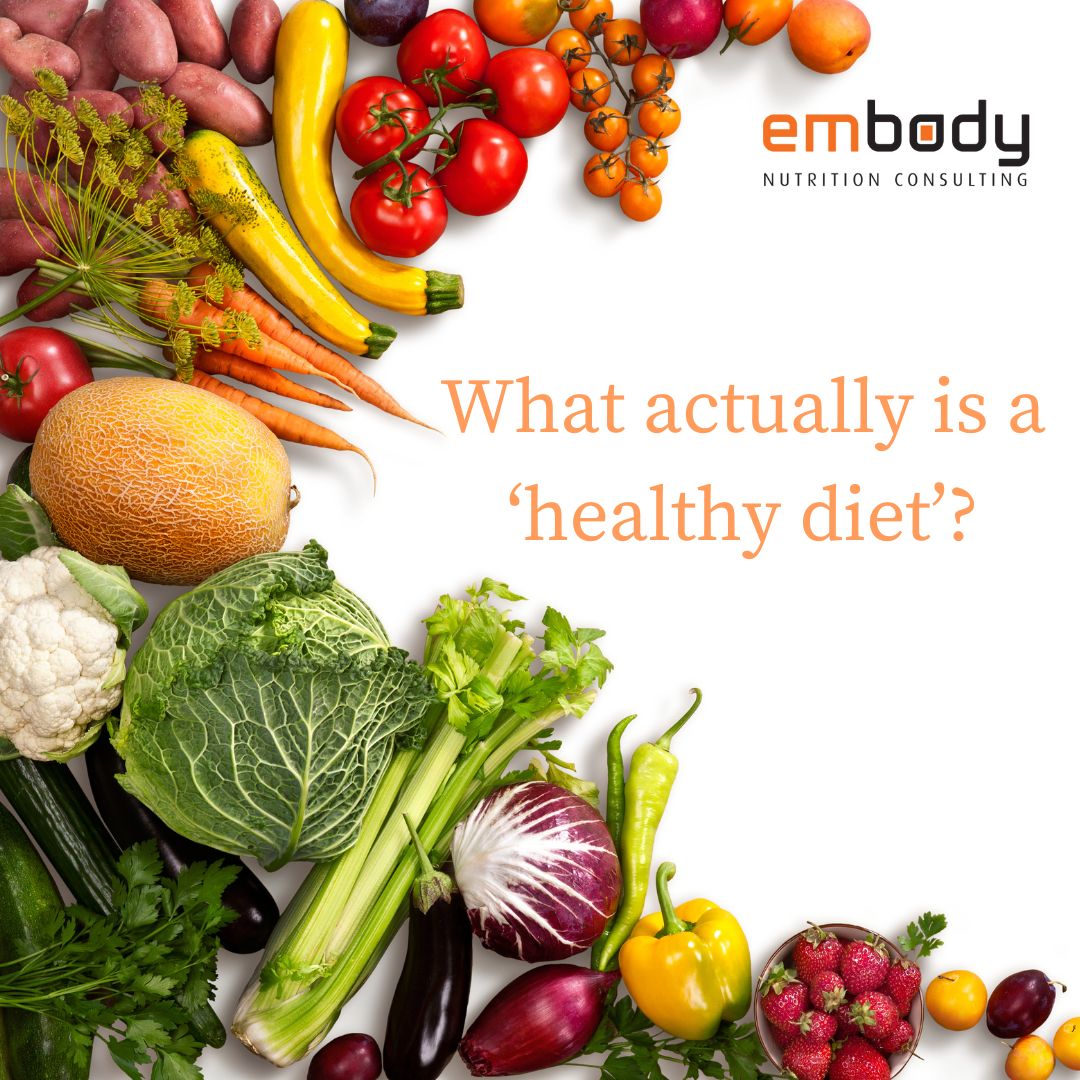In today’s digital age, the pursuit of perfectionism has become increasingly prevalent. The perfect picture, the perfect body, the perfect life and now the “perfect diet”. Fuelled by the endless scroll of social media feeds and the influence of self-proclaimed health gurus. But amongst the sugar-free caramel date slices and the #cleaneating mantras lies a troubling trend. The blurring of lines between healthy eating and an unhealthy fixation, often leading to a condition known as orthorexia.
Now, it’s understandable that people are starting to think more about what they fuel their bodies with, given the rise of many health conditions that can be largely avoided through lifestyle changes. But when does healthy eating turn into an unhealthy obsession with the perfect diet?
Orthorexia is a term that has emerged to describe an obsessive fixation on consuming foods perceived as pure, clean or unhealthy. Unlike typical disordered eating patterns motivated by weight or shape, orthorexia is driven by an intense desire to adhere strictly to a perceived ideal diet.
Orthorexia warning signs…
- An increase in restricting foods and food groups over time: While a healthy diet does involve some degree of moderation and balance, orthorexia can manifest as extreme restrictions of foods or entire food groups. Some examples may completely eliminate animal products, non-organic foods, gluten, sugar or other perceived “unhealthy” or “processed” foods from one’s diet over time.
- High interest in diets or foods: When your life starts hyper-focusing on researching and discussing diets, ingredients and food purity, often individuals experiencing orthorexia spend copious amounts of time preparing and planning their meals.
- Reduced flexibility/spontaneity with eating: Refusing to go outside of their prescribed diet in social situations. This often results in Increased feelings of anxiety or stress when faced with foods that are not considered “safe” or “clean”.
- Relationships with food start impacting relationships with your friends and family: Individuals may avoid social gatherings or become distressed when their dietary preferences are challenged leaving them feeling isolated or disconnected from their loved ones.
- Black-and-white thinking: When foods are categorised into “good” or “bad” with little room for nuance or moderation, this type of thinking can lead to feelings of guilt or failure when dietary rules are broken, further fuelling this cycle of restriction and obsession.
Now don’t get me wrong, I too love a date caramel slice and just because you have a preferred dietary pattern does not automatically put you into this category of disordered eating patterns. But if your social and mental health starts being impacted by your eating patterns it’s time to start looking at why your dietary patterns are important to you.
A healthy diet extends beyond the confines of food labels and dietary restrictions. A healthy relationship with food incorporates joy, connection, and moderation. If you find yourself resonating with the warning signs discussed here, know that you are not alone. Seeking support from qualified professionals is a brave and vital step towards reclaiming your well-being and rediscovering the joy you can get from eating. Remember, recovery is possible, and everyone deserves to enjoy the richness of a happy and balanced life!

